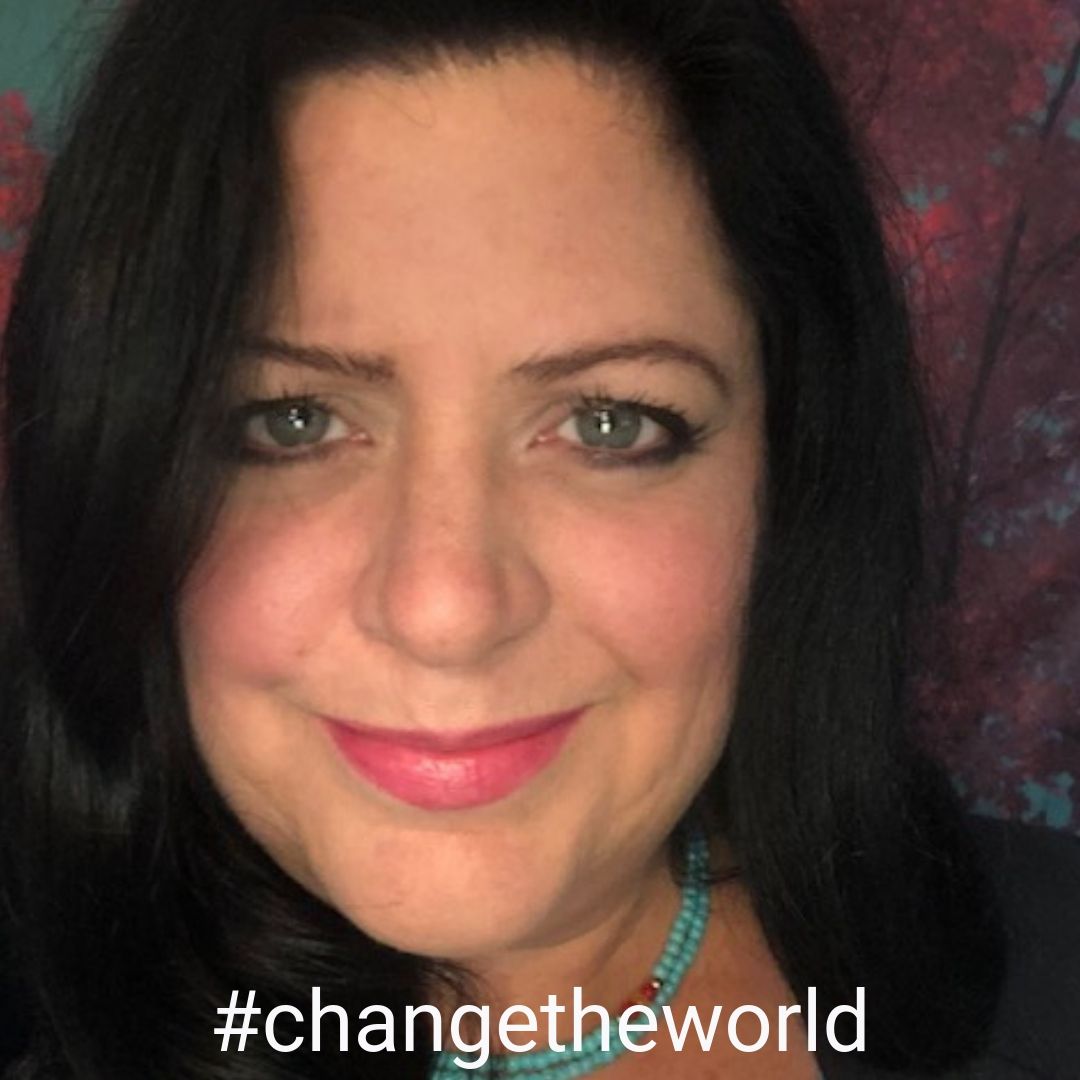There are a number of issues today where people have passionate stances.
Often, I hear the passion in people’s voices talking about different issues. They feel very strongly and wish that things were otherwise than they currently are. They want answers. They feel anxious or are in pain personally, and need comfort and communication. Those are all valid feelings – to have passion, to want answers, and to need communication with like-minded people, who provide comfort.
Feelings are real, and feelings themselves are of course valid. However, what feelings are based on, and what science is, are vastly and innately different.

While it is wonderful to have and express feelings, it becomes dangerous when passionate people with strong feelings decide to (purposefully, or accidentally) masquerade those feelings as science, even if they have the best intentions. Other people who are longing for answers, communication with like-minded people, and comfort often pick up on these “confirmation bias” triggers and inaccurately translate them as “factual.” This can, in turn, make them start to incorrectly associate unscientific information with a scientific version of their feelings.
The definition of science here is important. Let’s use the definition from The Science Council, the body who “provides the quality assurance system for those working in science… the standards for professional registration for practicing scientists and science technicians across all scientific disciplines.”
” Science is the pursuit and application of knowledge and understanding of the natural and social world following a systematic methodology based on evidence.“
Two things here are unique and different from feelings.
- Systematic methodology
- Based on evidence
Science also offers the following five important components, that are different from feelings. These are important to keep in mind, when reading a blog post from someone who is passionate about a topic but does not have science that substantiates their feelings.

By definition,
Empirical Observation – “It relies on direct observation of the world, and disdains hypotheses that run counter to observable fact.” In other words, everyone can see the same thing; it does not exist solely in anyone’s mind, but rather, is observable in the same way to anyone, at any time.
Replicable Experiments – “If another person duplicates the experiment, he or she will get the same results.” Or, anyone can run the same experiment, anywhere in the world, and get the same result.
Provisional Results – “If new data arise that contradict a theory, that theory must be modified.” So, newly discovered data means science does new research including that new data and adjusts the empirical data, and resulting outcomes, accordingly.
Objective Approach – “It relies on facts and on the world as it is, rather than on beliefs, wishes or desires.” Science determines facts based on data that anyone, at any time, can verify, see, measure, and be confident is agreed upon globally. Science does not include things that are subjective, or that can vary wildly by experience, opinion, perception, or historical context, person-to-person — like philosophy, politics, or religion.
Systematic Observation – “It relies on carefully planned studies rather than on random or haphazard observation.” Science relies on things that can be observed in exactly the same way by anyone, at any time. This excludes individualized or unique perceptions, experiences, or observations that cannot be duplicated in exactly the same manner, by anyone, at any time.
It is true that we all have strong feelings about many things. In fact, dialogue about those feelings and what to about the core issues they arise from are critical to #changetheworld. That said, it’s still important to remember the defining differences between feelings and science.
If you aren’t sure about something you read, luckily, it’s easy enough to Google a legitimate body of scientific research and read the science. This can serve to do one of a few things: to make you confident your stance is, in fact, correct; to give you information to inspire additional research; or to perhaps modify your ideas.
We all have smart friends with strong feelings. That makes it even more important to separate feelings from science.

We can have strong feelings about something, while we can simultaneously also be misinformed about reality and science. It’s really easy to do today, when we spend a lot of time in echo-chambers on social media, being fed more of exactly what we already think. We see in our newsfeeds, on our phones, and on our computers more of what we already read about, talk about, or “like.”
When in doubt, science is the one authority that is unbiased and not based on simply reflecting back what we know we think about ourselves, and our world view.
What do you think? Have you had conversations with passionate friends about certain topics, and not agreed because of feelings vs. science? Please share your thoughts!


